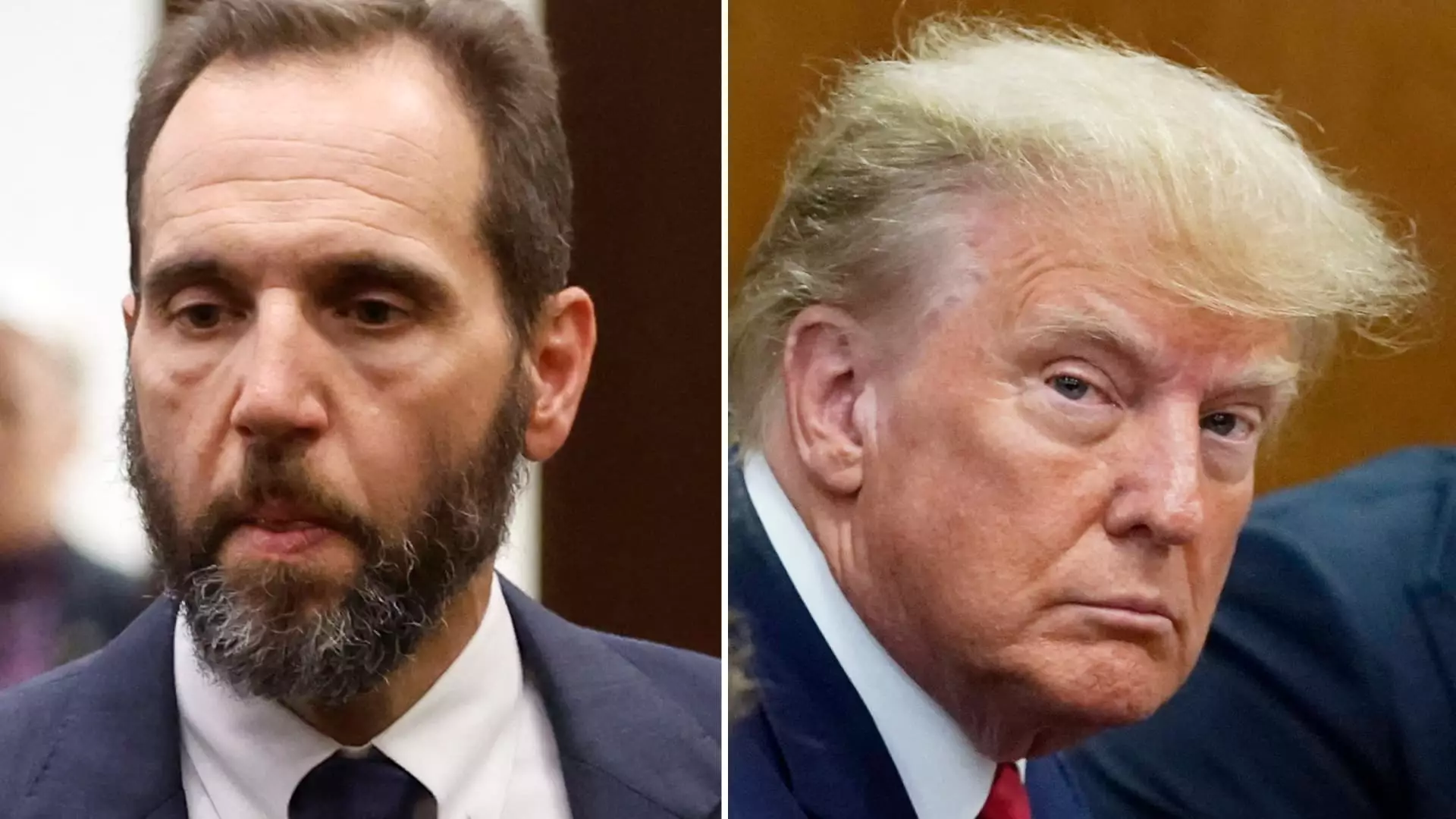In a recent development, a federal judge has decided to pause Donald Trump’s election interference case while the former president appeals her refusal to dismiss the criminal charges he is facing on the grounds of presidential immunity. This ruling has the potential to delay the start of Trump’s trial, which is currently scheduled to begin in early March.
Judge Tanya Chutkan, presiding over the case in Washington, D.C., federal court, has made it clear in her order that the pending appeal filed by Trump will automatically put a hold on any further proceedings that would move the case towards trial or impose additional burdens of litigation on him. If the case returns to Chutkan’s jurisdiction after the appeal, she will then decide whether to retain or adjust the dates of future deadlines and proceedings, which includes the March 4 trial start date for Trump. The judge also emphasized that her ruling does not suspend the gag order imposed on Trump or any other measures meant to safeguard the integrity of the proceedings.
The core of Trump’s defense lies in his claim that as the president, he was granted absolute immunity from criminal prosecution for actions taken during his tenure. However, Judge Chutkan unequivocally rejected this argument, stating that being president does not confer a lifelong “get-out-of-jail-free” pass. This ruling not only undermines Trump’s immunity claim in this specific case but also sets a precedent for similar arguments made by the former president in other civil and criminal cases.
The Department of Justice special counsel, Jack Smith, who is prosecuting Trump, has sought to expedite the appeals process by urging the Supreme Court to immediately take up the case and hear arguments concerning Trump’s presidential immunity claim. Smith stressed the imperative public importance of resolving the immunity claims and proceeding with the trial as promptly as possible, in the event that Trump’s claim of immunity is rejected. However, it is ultimately up to the Supreme Court to decide whether to hear the case.
On the other hand, Trump’s legal team has opposed Smith’s request to bypass the federal circuit court of appeals in D.C. and have the case taken directly to the Supreme Court. They argue that the appeals court should rule on the issue of immunity before any further action is taken. Trump’s lawyers have consistently claimed that presidential immunity shields him from liability in both civil and criminal cases. Unfortunately for Trump, this argument has been repeatedly rejected by multiple courts.
In a separate development on the same day, a New York federal appeals court dismissed Trump’s arguments of presidential immunity in a defamation lawsuit filed against him by writer E. Jean Carroll. This further weakens Trump’s claim and adds to the growing body of legal precedents against his assertions of immunity.
The pause in Trump’s election interference case due to his ongoing appeal regarding presidential immunity signals potential delays in the trial proceedings. Judge Chutkan’s rejection of his immunity claim and the Department of Justice’s push for Supreme Court intervention demonstrate the significance of this case’s implications. Trump’s legal battles continue to mount, with multiple courts rejecting his arguments of presidential immunity. As the legal process unfolds, the fate of his criminal charges and potential trial remains uncertain.

Leave a Reply